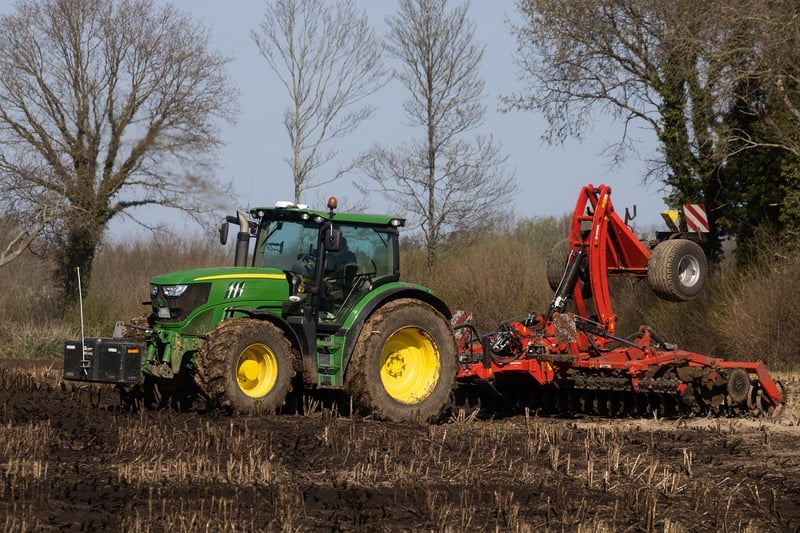Fertilizing Plants
#Indoor Gardening
#Outdoor Plants
#Plant Nutrition
Essential Guides for Healthy Plants
Tips for Maintaining Healthy Plants
Having healthy plants not only adds beauty to your surroundings but also contributes to a healthier environment. Here are some essential tips to ensure your plants thrive:
- Provide adequate sunlight: Different plants have varying light requirements. Make sure to place your plants in locations where they can receive the right amount of sunlight.
- Water properly: Overwatering or underwatering can harm your plants. Be mindful of each plant's water needs and adjust accordingly.
- Monitor humidity levels: Some plants thrive in high humidity, while others prefer drier conditions. Invest in a humidity monitor to ensure your plants are in the right environment.
- Regular pruning: Trimming dead leaves and branches promotes new growth and prevents disease spread.
- Use quality soil: The right soil mix provides essential nutrients for plant growth. Consider repotting your plants with fresh soil annually.
The Importance of Fertilizing Plants
Fertilizing your plants is crucial for their overall health and growth. Here's why fertilization is essential:
- Provides essential nutrients: Fertilizers supplement the soil with vital nutrients that may be lacking, such as nitrogen, phosphorus, and potassium.
- Promotes flowering and fruiting: Certain fertilizers can enhance flower and fruit production, leading to a more vibrant and productive plant.
- Boosts plant immunity: Well-fertilized plants are more resilient to pests and diseases, ensuring their longevity.
- Improves soil structure: Fertilizers can help improve soil fertility and structure, creating a healthier environment for plant roots.
Types of Fertilizers
There are various types of fertilizers available, including:
- Organic fertilizers: Derived from natural sources like compost, manure, or bone meal, organic fertilizers provide slow-release nutrients.
- Synthetic fertilizers: Manufactured with specific nutrient ratios, synthetic fertilizers offer quick nutrient uptake but may require careful application to prevent overfertilization.
- Liquid fertilizers: These are fast-acting fertilizers that are diluted in water and applied directly to the plant's roots or foliage.
Remember to follow the instructions on the fertilizer packaging to ensure proper application and avoid damaging your plants.

By following these guidelines and understanding the importance of fertilizing your plants, you can create a thriving garden or indoor oasis that brings joy and beauty to your space.
